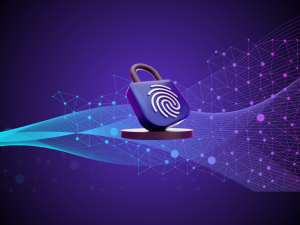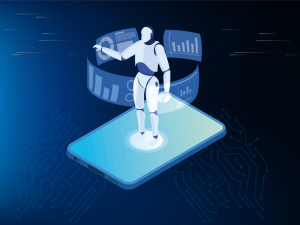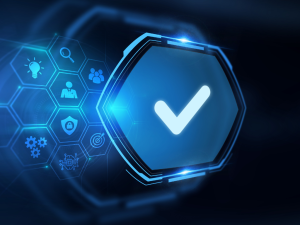The tech industry is undergoing a significant transformation in 2025. With rapid advancements in artificial intelligence (AI) and automation, companies like Google, Microsoft, and Amazon are redefining their hiring strategies. Understanding these shifts is crucial for job seekers aiming to align their skills with industry demands.
The Shift Towards Skills-Based Hiring
Traditional hiring practices, which heavily emphasized degrees and past job titles, are being replaced by skills-based hiring. This approach focuses on a candidate’s actual abilities and competencies rather than their educational background. Companies are prioritizing candidates who can demonstrate proficiency in specific skills relevant to the job role.
This trend is particularly evident in the tech industry, where the rapid pace of innovation requires employees to possess up-to-date skills. Employers are increasingly valuing certifications, bootcamps, and hands-on experience over traditional degrees.
In-Demand Skills in 2025
Several key skills have emerged as top priorities for tech companies in 2025:
- Artificial Intelligence and Machine Learning: Proficiency in AI algorithms, deep learning, and natural language processing is highly sought after.
- Cybersecurity: Expertise in risk assessment, penetration testing, and cryptography is essential as cyber threats become more sophisticated.
- Cloud Computing: Skills in managing platforms like AWS, Azure, and Google Cloud are in high demand.
- Data Analysis: The ability to analyze and interpret large datasets to inform business decisions is crucial.
- Programming Languages: Proficiency in languages such as Python, Java, or C++ remains fundamental for many tech roles.
These skills are not only relevant but also critical for the development and maintenance of modern technological solutions.
The Impact of AI on Hiring Practices
AI is not only influencing the skills in demand but also the hiring process itself. Companies are leveraging AI-powered tools to streamline recruitment, from resume screening to interview scheduling. This integration of AI helps in identifying the most suitable candidates efficiently.
Moreover, AI is enabling personalized career development within organizations. For instance, Salesforce has implemented AI-driven platforms to assist employees in identifying internal job opportunities and necessary skill development paths.
Preparing for the Evolving Job Market
To stay competitive in this evolving job market, job seekers should focus on continuous learning and skill development. Engaging in online courses, obtaining relevant certifications, and gaining practical experience through projects or internships can significantly enhance employability.
Networking and staying informed about industry trends are also vital. Attending tech conferences, participating in webinars, and joining professional communities can provide valuable insights and opportunities.
Conclusion
The hiring landscape in the tech industry is rapidly changing, with a clear shift towards skills-based recruitment. By focusing on developing in-demand skills and embracing continuous learning, job seekers can align themselves with the priorities of top tech companies and secure rewarding career opportunities in 2025 and beyond.





